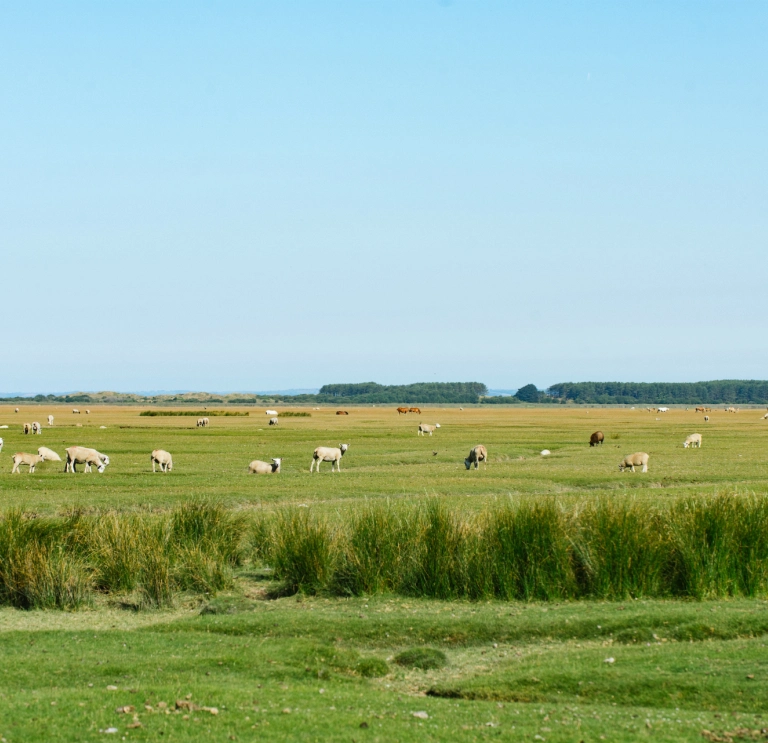How did you get into farming?
My brother Dan and I are the third generation of Pritchards to farm at Weobley Castle, but our family has been farming around Gower for generations before that. It's a beautiful place to live and work. Gower was named Britain's first Area of Outstanding Natural Beauty back in 1956. The castle is an added bonus: it's a fortified manor house from the 14th century. Visitors come and look at the castle, and often they’ll buy some lamb from our shop on the way out.
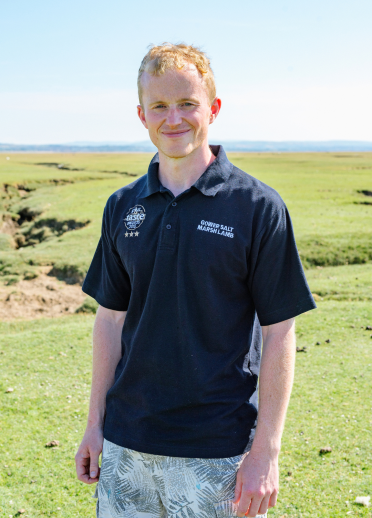
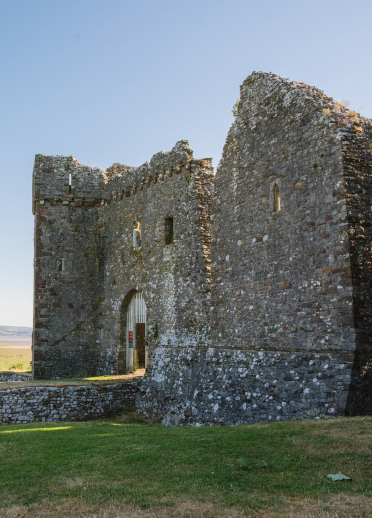
How many sheep do you have now?
We now produce around 1,000 lambs a year, beginning in July and running through to Christmas. There's a little bit in North Wales and Pembrokeshire, but our farm has the biggest flock of salt marsh sheep in the UK by some distance. We process most of the lambs on the farm.
We're all farmers, basically, but we've all done butchery and cutting courses, so we can do it ourselves.
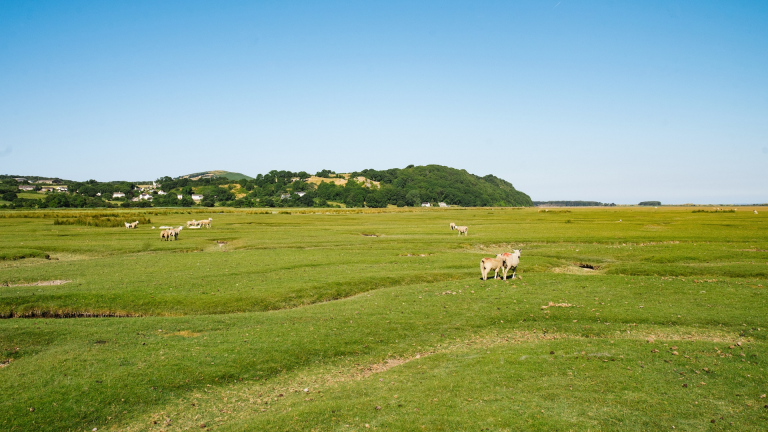
And where do you sell it?
Here in the farm shop, but the fastest-growing part of our business is posting it by courier to customers UK-wide. A lot of the pubs and restaurants on Gower source locally where possible, too, so we sell a lot to them. Hywel Griffith at the Beach House in Oxwich Bay [2017 AA Restaurant of the Year in Wales] uses our lamb. He loves how local and traceable the lamb is.
Why's traceability so important?
It's one of the key things that gives Welsh lamb and beef its PGI (Protected Geographical Indication) status. All the Welsh lamb and beef you buy can be traced back to the farm. At some point it’d be good to get a separate PGI status for our salt marsh lamb.
What makes it so special?
The flavour is unique. It's got a sweeter, slightly stronger flavour. It tastes of what they eat, basically – they eat lots of nutritious herbs and vegetables down there on the salt marsh. I don't think you even need to add salt and pepper to it. Don't mess around with the flavours. It's got everything you need in it, right from the start.
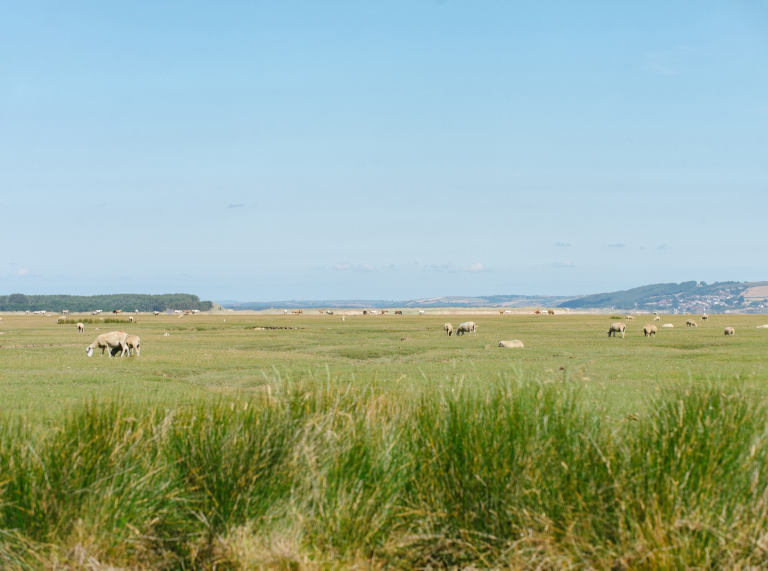

Why isn't salt marsh lamb better known?
The French have always made a big thing of their agneau de pré-salé (salt meadow lamb) – it’s a delicacy there. So we thought, why shouldn’t Welsh salt marsh lamb have that kind of premium status? Back in 2004 we realised what we had here, and what it could be. So my father Roland and our neighbour Colin Williams joined together to form Gower Salt Marsh Lamb and we started marketing and selling our lamb direct.
What's life like for the sheep here?
Pretty good! It's surprisingly dry underfoot when the tide's out, so we don't get as many problems with their health. The sheep spend almost their whole lives on the salt marshes. They come in for lambing and shearing, and we bring them up when the tides are high. But apart from that, this is their home. There are quite a few flocks here, but each knows its home patch, and the sheep learn to stick to it.
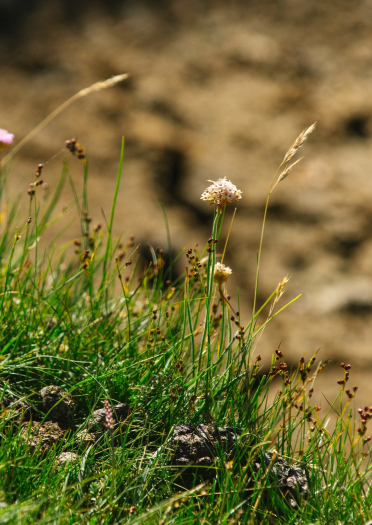
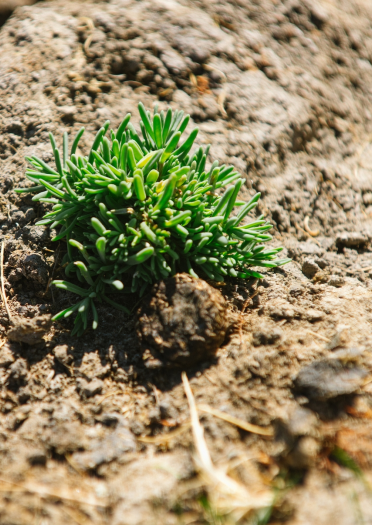
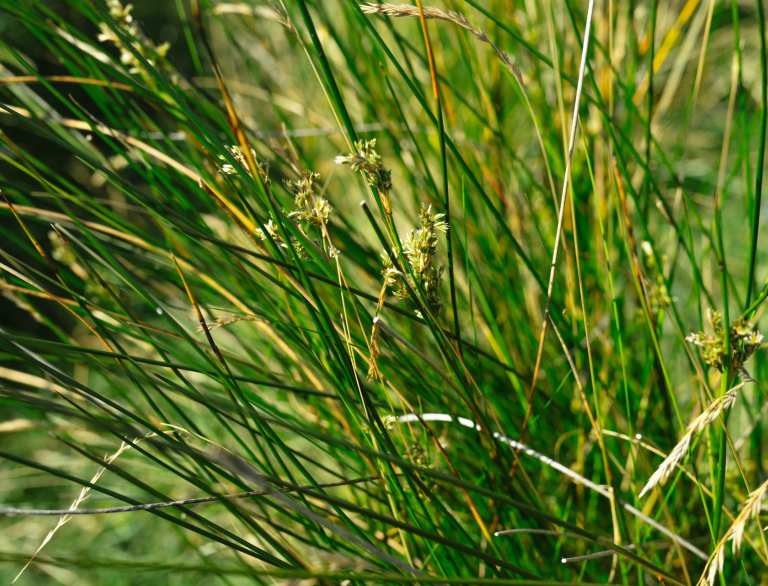
What do they eat?
There's such a diversity of plants on the marshes. In upland pastures you tend to find just a few species of grasses. But here they've got things like samphire, sorrel, sea lavender, thrift and sea aster. That's what makes them taste so good.
Find out more about Gower Salt Marsh Lamb.

